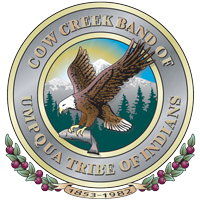Things to Bring to a Medical Appointment
When going to a doctor’s appointment, it’s essential to bring the necessary items to ensure a smooth and productive visit. Here’s a checklist of things you might need to bring:
- Identification and Insurance Information:
- Driver’s license, passport, or other valid identification.
- Health insurance card and any relevant referral forms.
- Appointment Details:
- Appointment confirmation or reminder.
- Any paperwork or forms provided by the doctor’s office in advance.
- Medical History:
- List of current medications, including prescription and over-the-counter drugs, supplements, or vitamins.
- Any relevant medical records or test results.
- Symptom Journal:
- If you’re experiencing specific symptoms, consider keeping a journal detailing when they started, their frequency, and any factors that seem to trigger or alleviate them.
- Questions and Concerns:
- A list of questions or concerns you want to discuss during the appointment.
Any changes in your health or new symptoms since your last visit.
- A list of questions or concerns you want to discuss during the appointment.
- Payment Method:
- Payment for co-pays or any outstanding balances.
Information on accepted payment methods at the doctor’s office.
- Payment for co-pays or any outstanding balances.
- Personal Comfort Items:
- Comfortable clothing if you expect to undergo a physical examination.
Snacks or water if your appointment might last a while.
- Comfortable clothing if you expect to undergo a physical examination.
- Supportive Devices:
- If applicable, bring any assistive devices, such as hearing aids, glasses, or mobility aids.
- Emergency Contact Information:
- Provide the doctor’s office with emergency contact information.
- Follow-Up Appointment Scheduling:
- If necessary, schedule any follow-up appointments or tests before leaving.
- Health Diary:
- A health diary can be helpful for chronic conditions. Note changes in symptoms, diet, or lifestyle that may be relevant to your health.
Always check with your doctor’s office if there are specific items or information they require for your appointment. Being organized and prepared can contribute to a more efficient and effective visit with your healthcare provider.





